Gunfighter Cast – 162 – Physical Fitness For Self-Defense Minded People
0:58 DS Asks, When someone says “functional fitness”, we hear that a lot in the military, in law enforcement, around defensive-minded circles… what is your definition? VF says;
“As a coach, I look at the term functional fitness and I’m not fond of that term in the first place. There was this [one] world where we had; people who worked out in the general public, and then we had sports specific athletes. And we got this idea that we should train the average individual for the sport of life. Then you don’t know what to call it, because do you call this person an athlete (well of course that’s what CrossFit does – everyone’s an “athlete” now), But then do you call life a sport? That doesn’t really apply. You can’t say sport-specific, you have to say functional… But in reality, [it’s]:
…Anything you do that has a goal, that has an application and real movement and real tasks that you’ll do, in the course of your daily life, or your work, or your sport has a functional purpose to it. Fitness that should have the goal of increasing your capabilities within the likely demands of whatever job, sport, or tasks you’re going to face.”
3:15 DS Asks, So if we’re looking at self-defense; your average armed citizen who may have to fight, who wants to live longer, wants to get healthy, wants to be able to fight with a handgun, [or] unarmed to defend themselves, the ones they love – the SWOT officer out there, the military guy…What should they [all] be focusing on when it comes to fitness? VR responds,
“To start that out, I’ll point out a common trap or pitfall that most people fall into; They get pocketed into one specific single stimulus and adaptation loop Anything that we train, we are going to introduce a stimulus, to the physiologically demanding tasks -The stimulus is going to promote adaptation in the body to make you stronger, faster…for certain movements. These are all adaptations to training. We [tend to] get stuck on doing one or two things.
Ex: “I shoot a lot and I do jujitsu”
But you’re missing strength, speed, and agility, endurance training, etc. So, there are all these other adaptations that you’ll need in a fight that you’re not addressing in your training program.”
View the FULL article: HERE

 9 Mil & Chill
9 Mil & Chill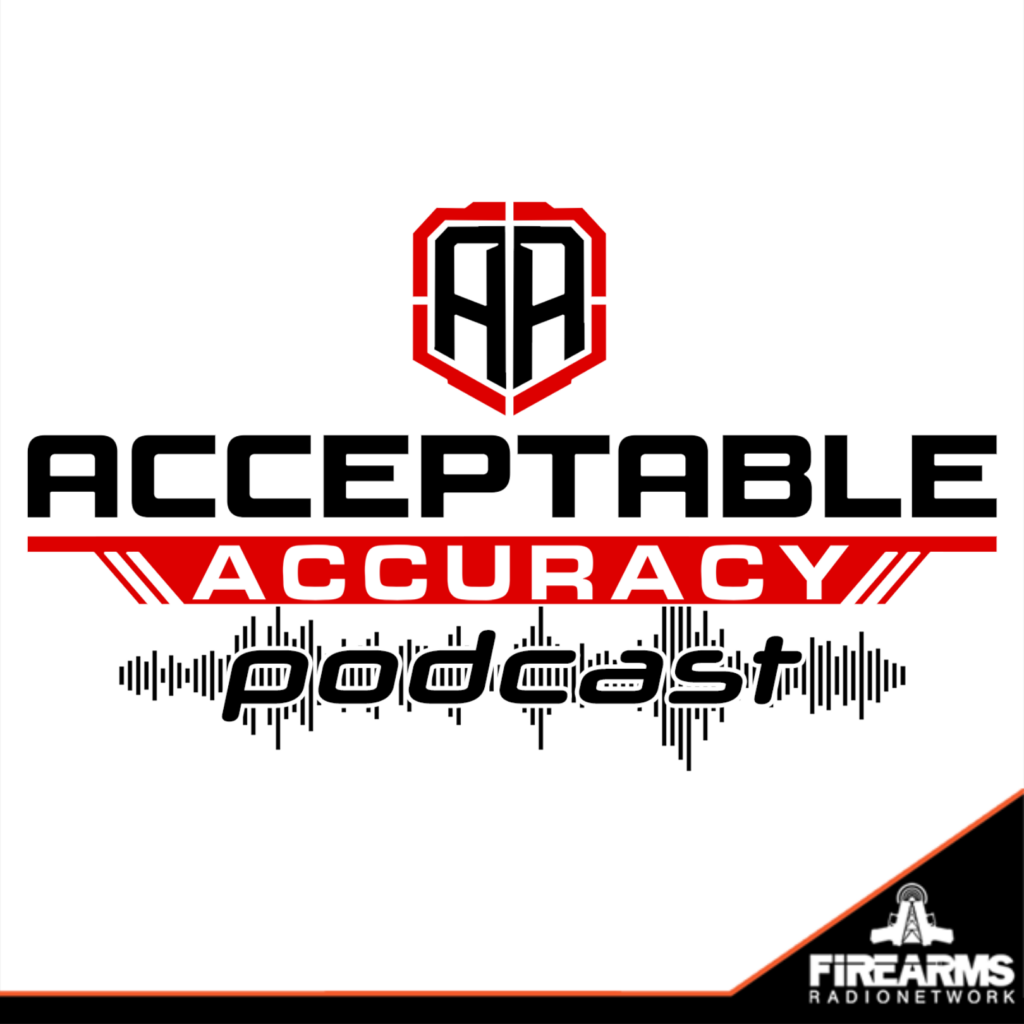 Acceptable Accuracy Podcast
Acceptable Accuracy Podcast After Action Project
After Action Project AK-47 Radio Show
AK-47 Radio Show American Crossfire
American Crossfire AR-15 Podcast
AR-15 Podcast Armed and Nerded
Armed and Nerded Armed Citizen Podcast
Armed Citizen Podcast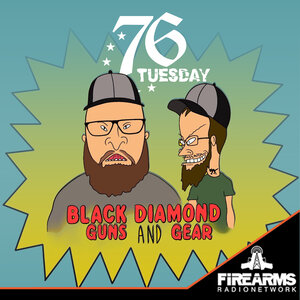 Black Diamond Guns and Gear
Black Diamond Guns and Gear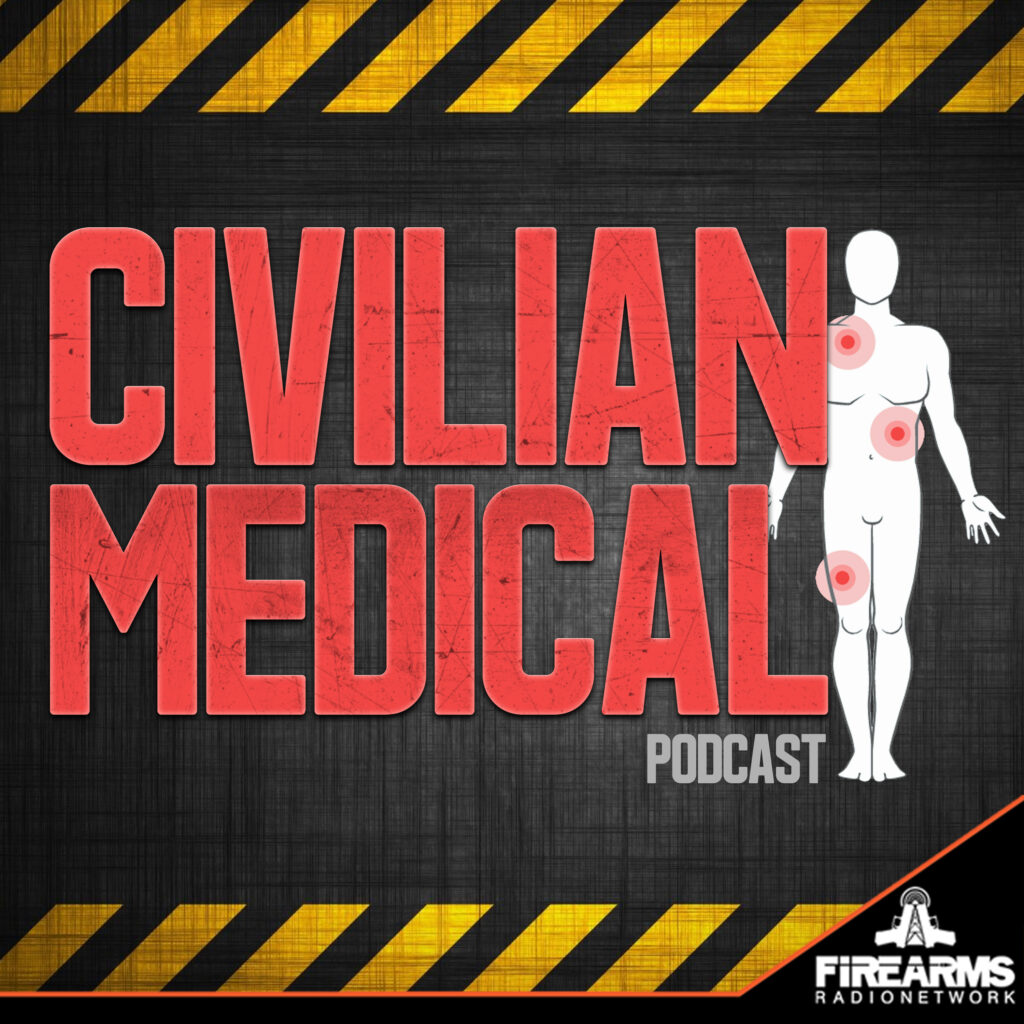 Civilian Medical Podcast
Civilian Medical Podcast CloverTac Podcast
CloverTac Podcast For The Love Of Guns
For The Love Of Guns Ghost & Clover
Ghost & Clover God and Guns
God and Guns Gun & Gear Review
Gun & Gear Review Gun Club Radio
Gun Club Radio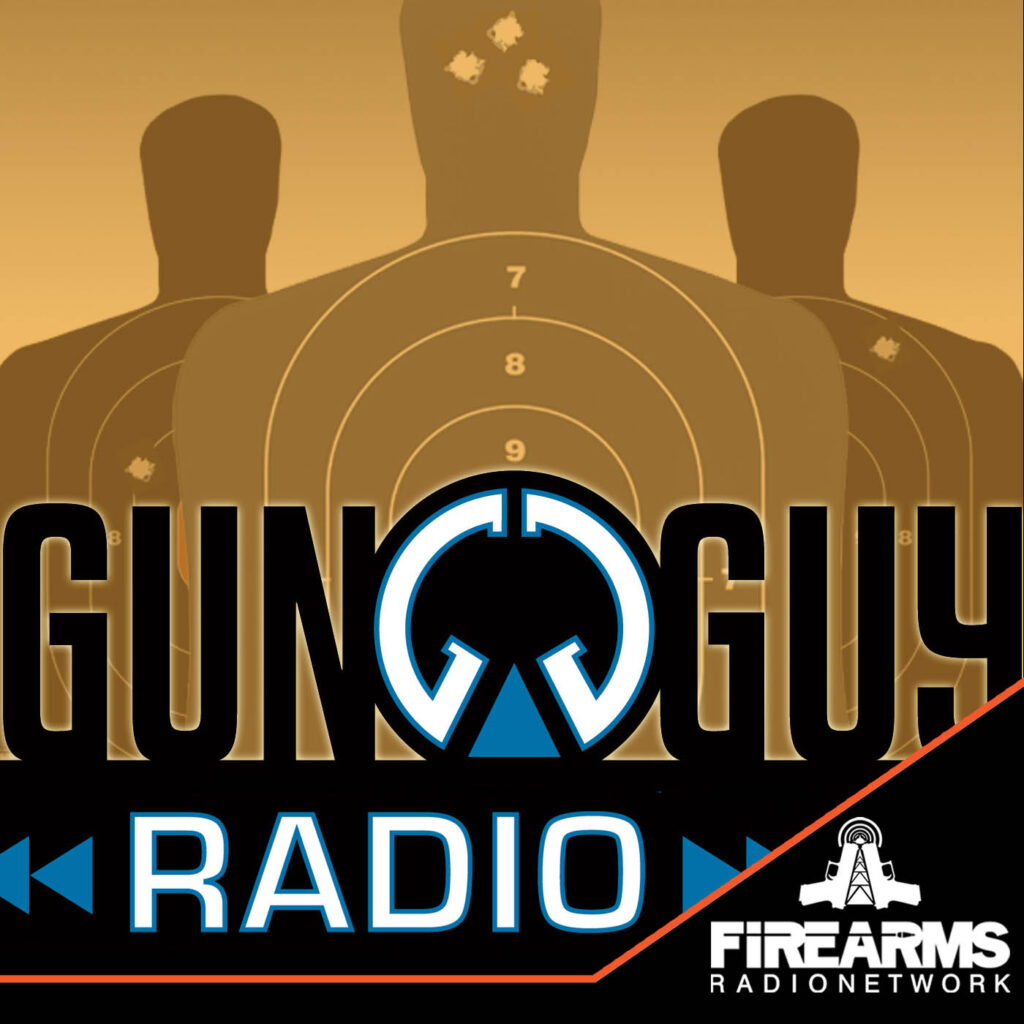 Gun Guy Radio
Gun Guy Radio Guns & Grub
Guns & Grub Handgun Radio
Handgun Radio John Crump Live
John Crump Live Let's Go Hunt
Let's Go Hunt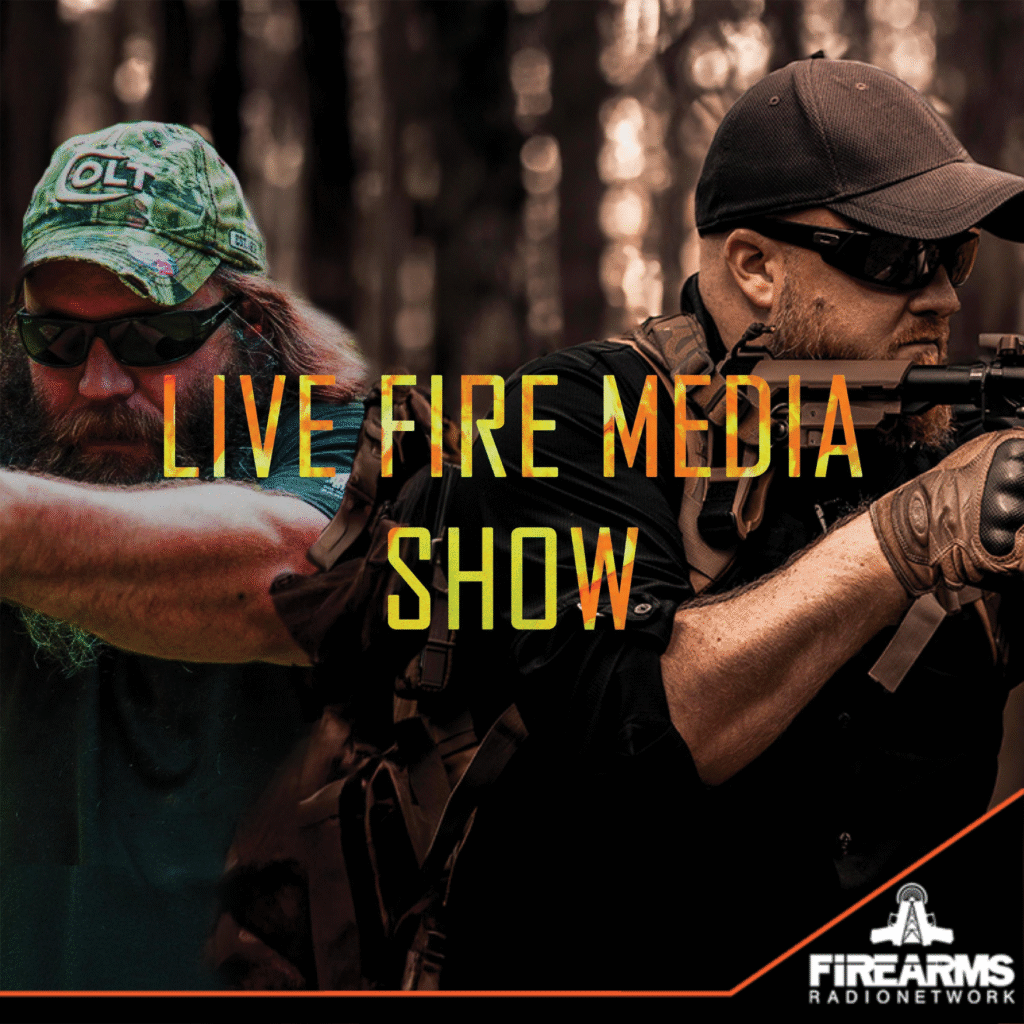 Live Fire Media Show
Live Fire Media Show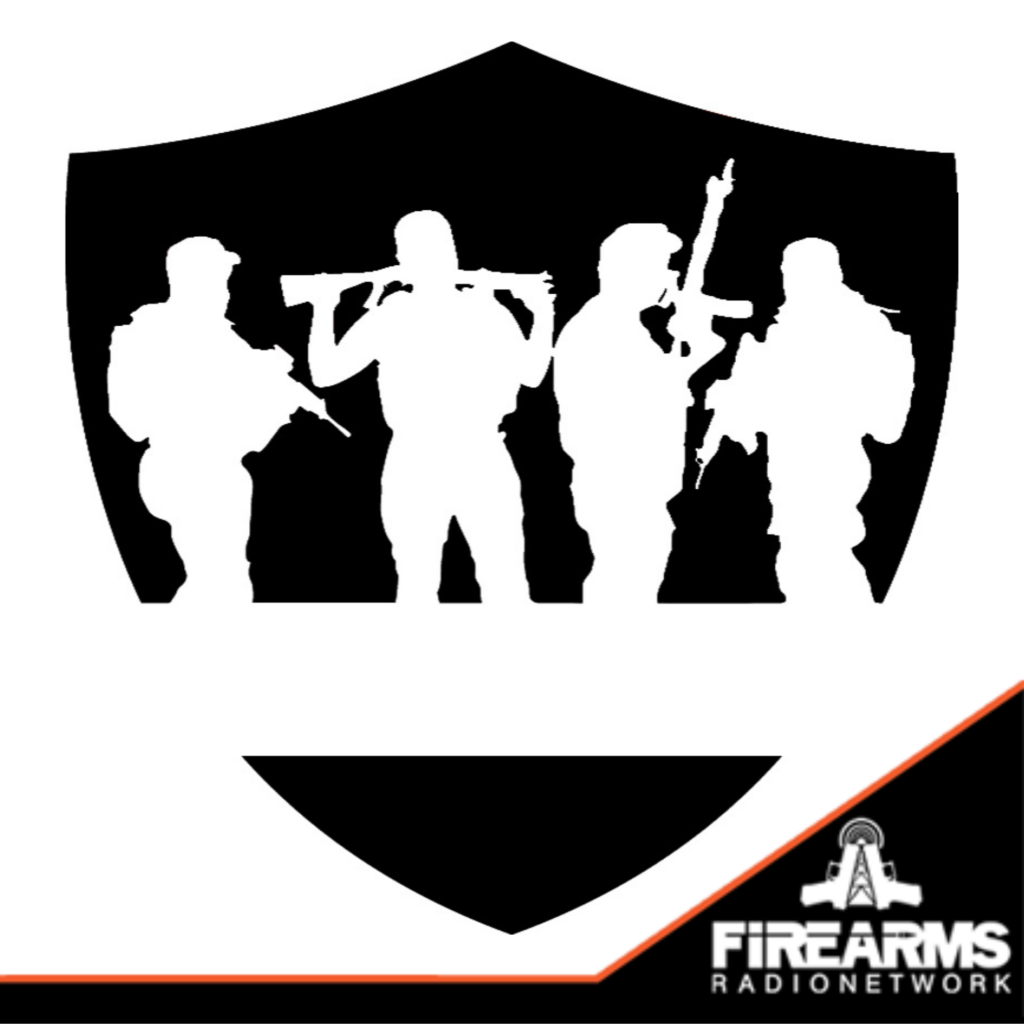 Live with TLD
Live with TLD Lock N Load with Bill Frady
Lock N Load with Bill Frady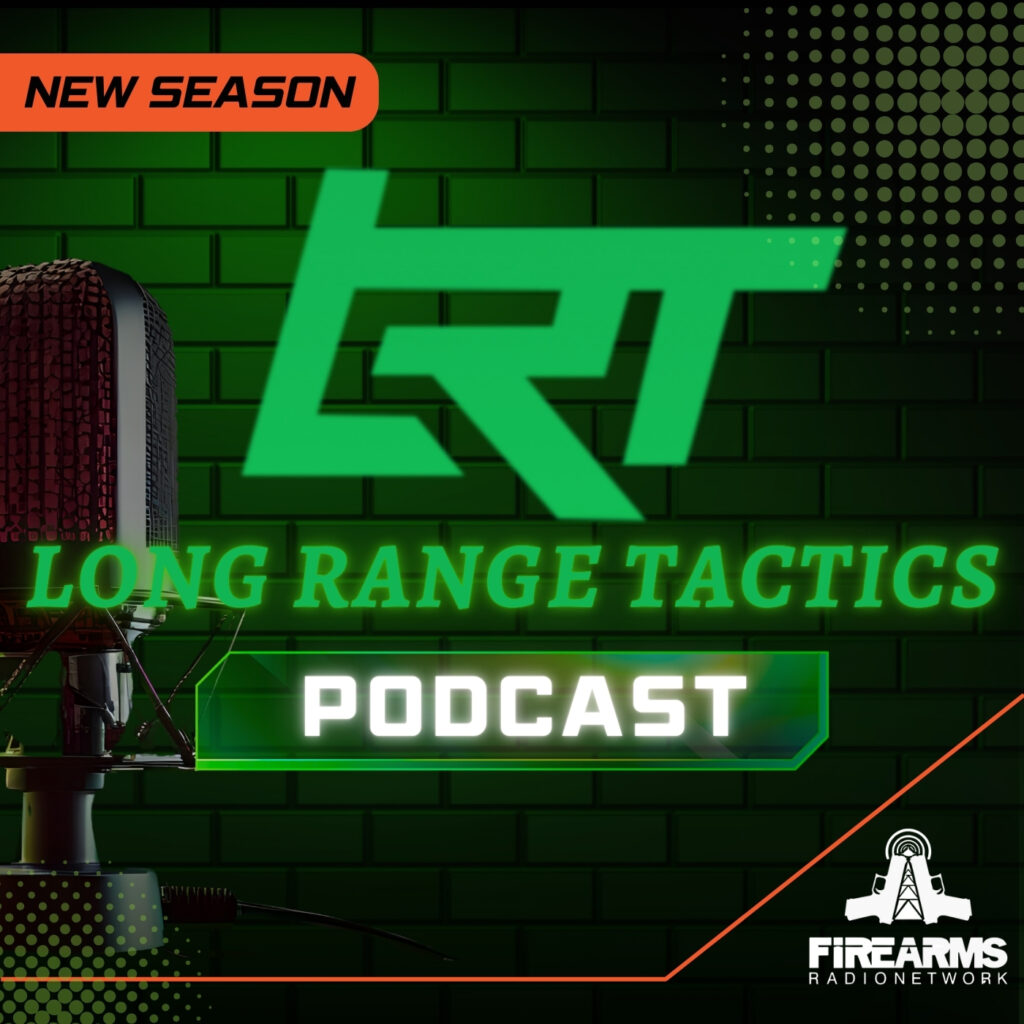 Long Range Tactics
Long Range Tactics MacBroz Show
MacBroz Show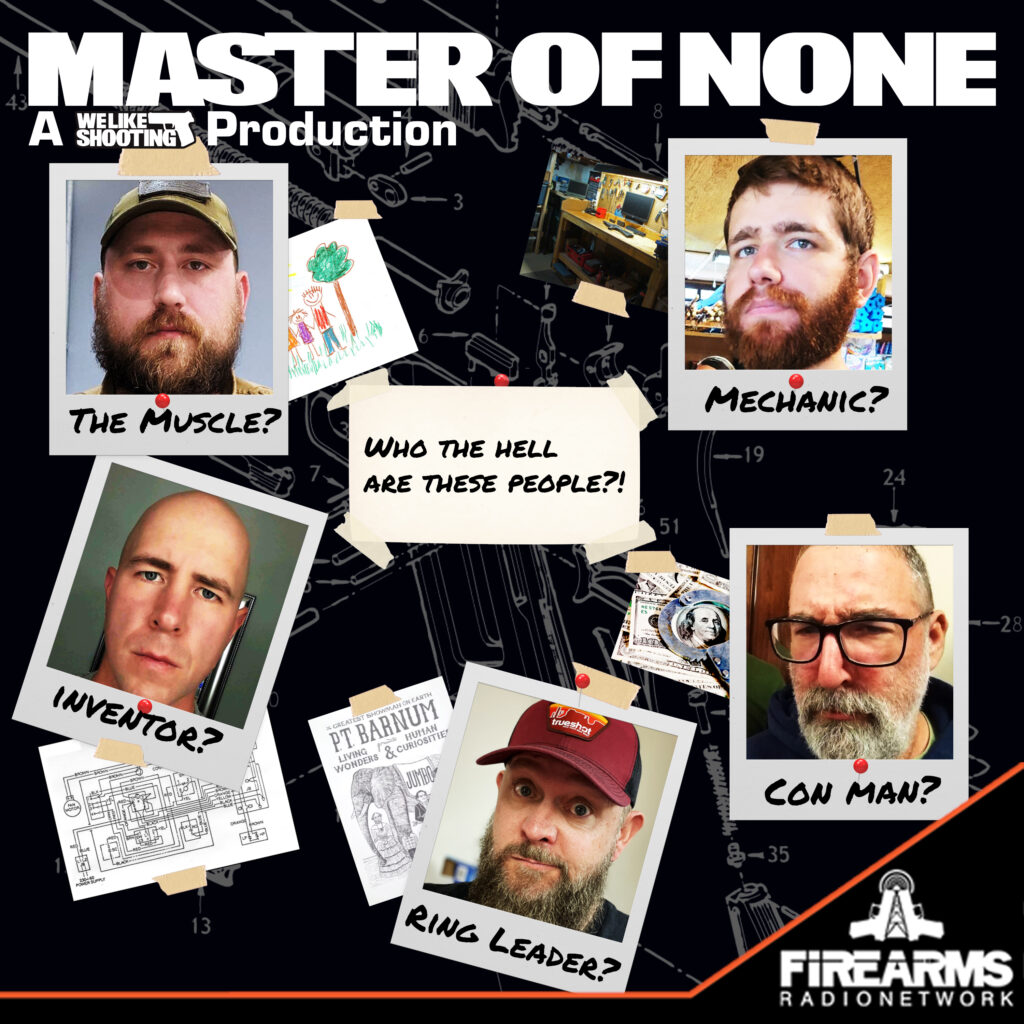 Master of None
Master of None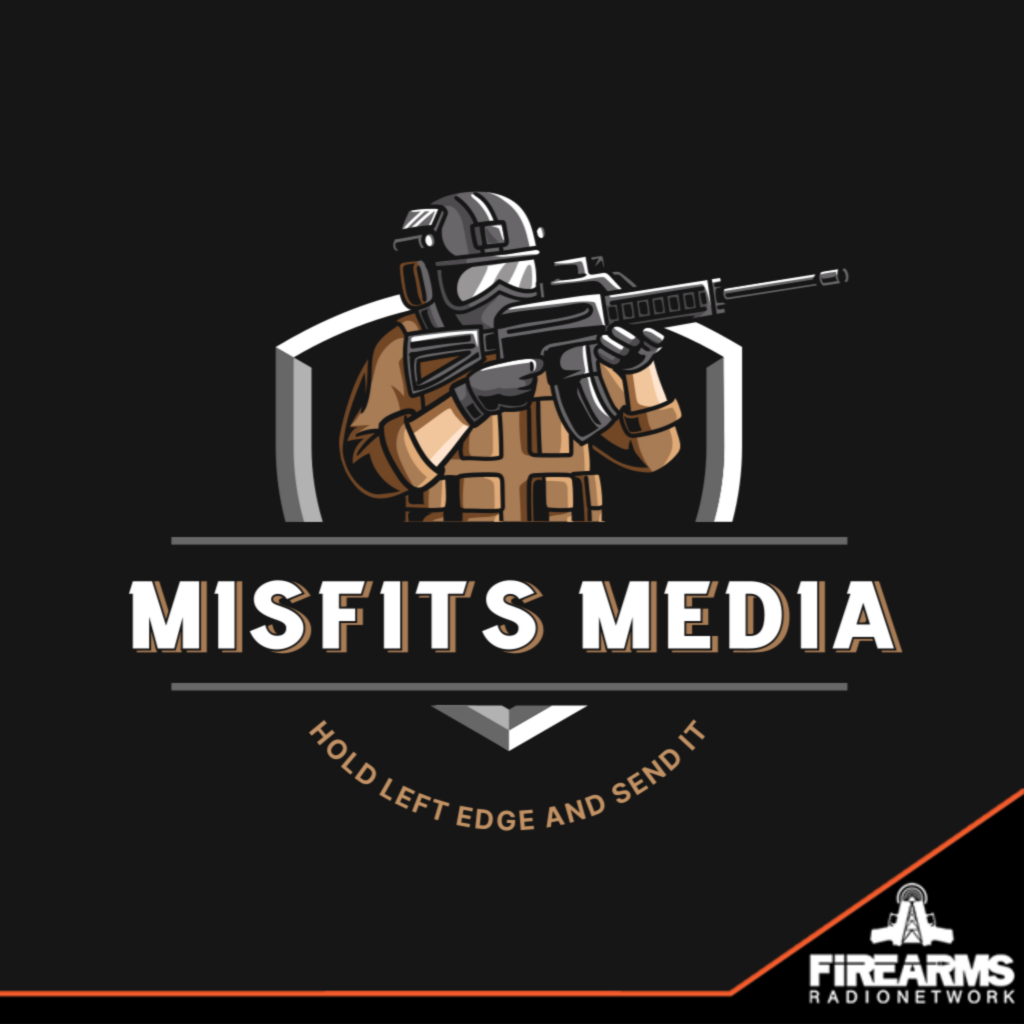 Misfits Media
Misfits Media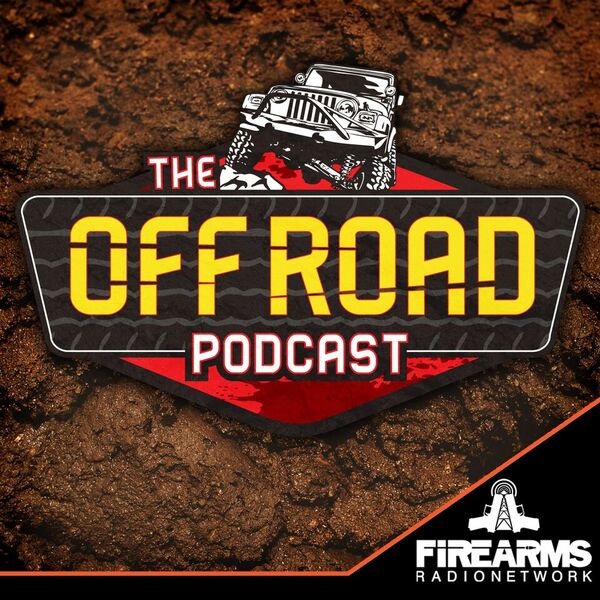 Off Road Podcast
Off Road Podcast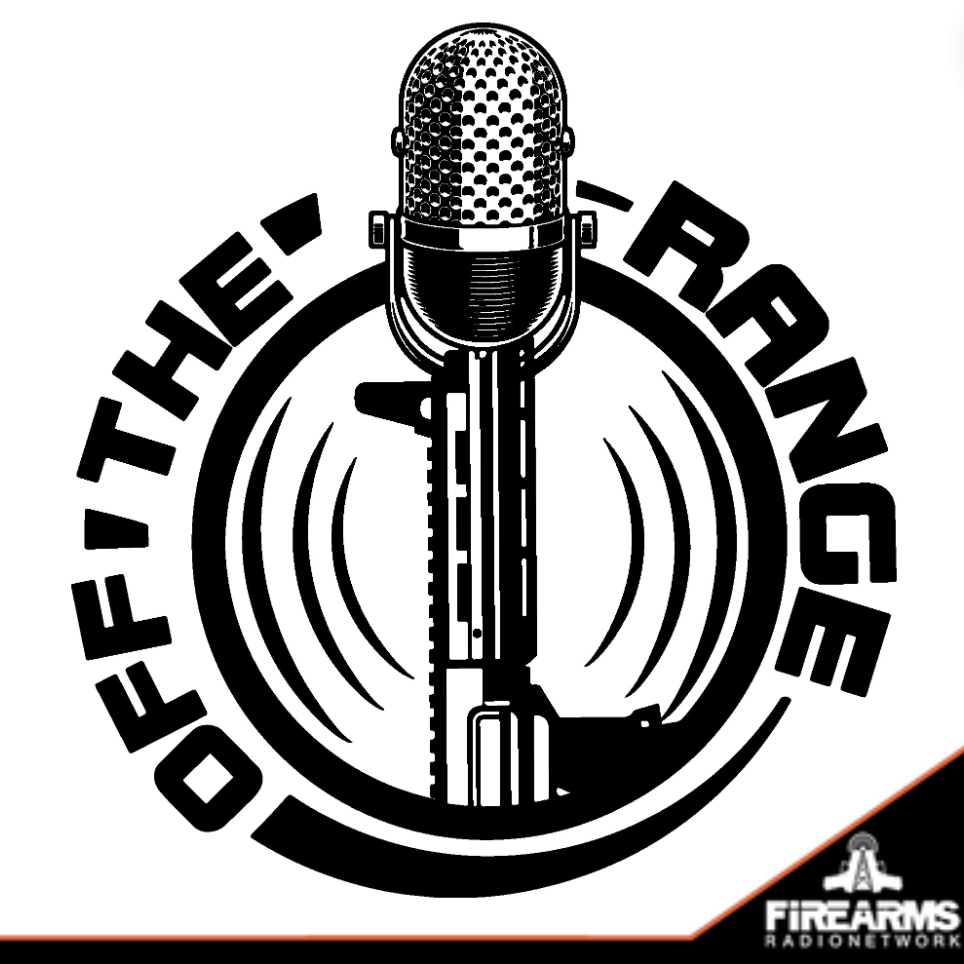 Off The Range Podcast
Off The Range Podcast Pew Time
Pew Time PopCulture 223 Podcast
PopCulture 223 Podcast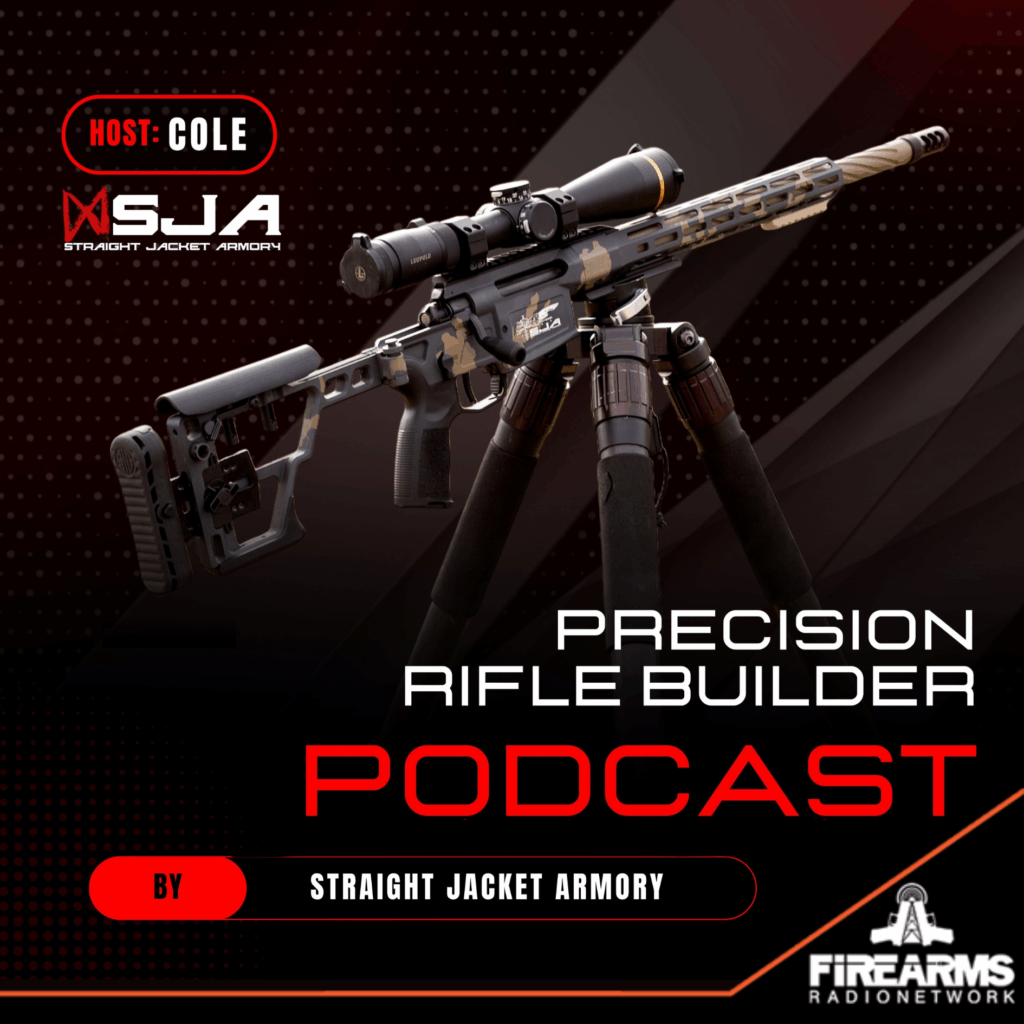 Precision Rifle Builder Podcast By Straight Jacket Armory
Precision Rifle Builder Podcast By Straight Jacket Armory Prep and Press
Prep and Press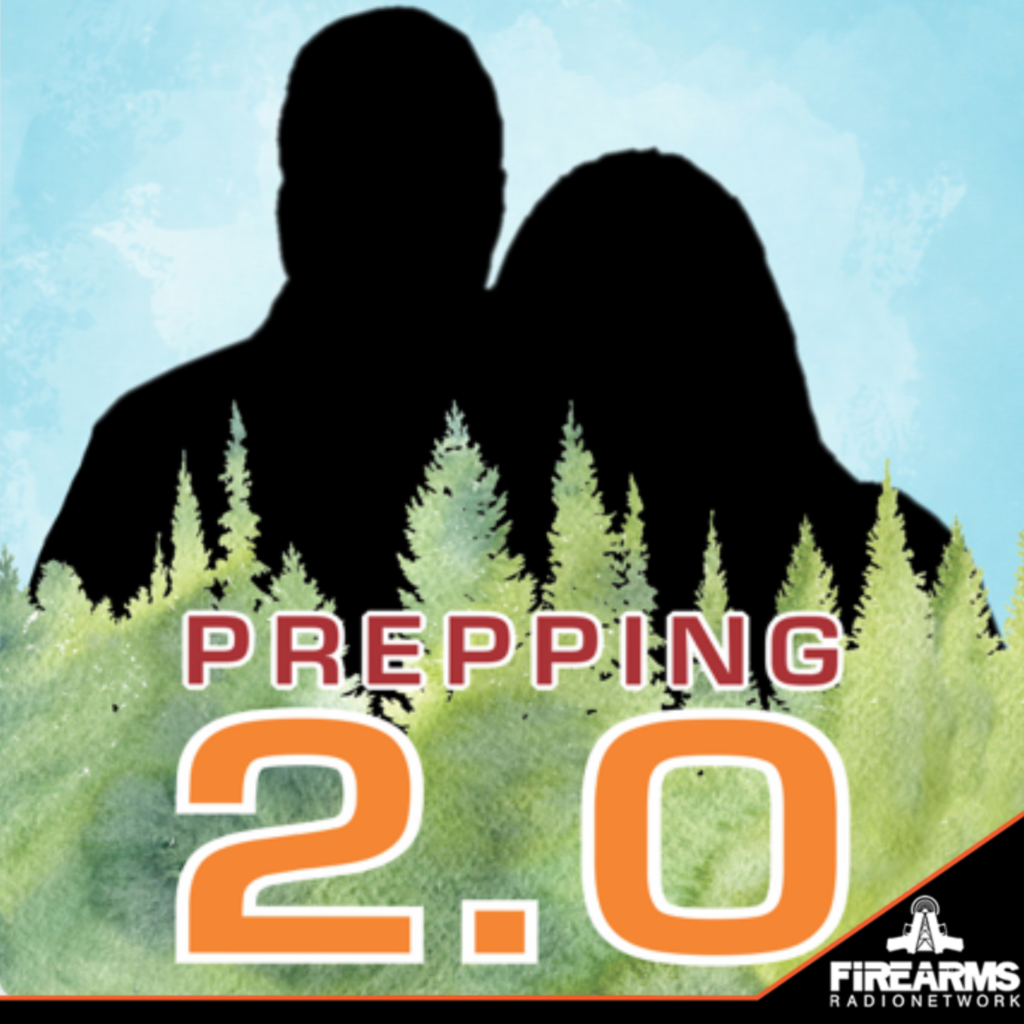 Prepping 2.0
Prepping 2.0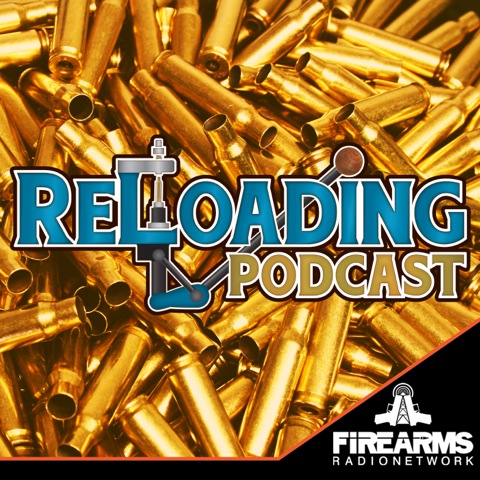 Reloading Podcast
Reloading Podcast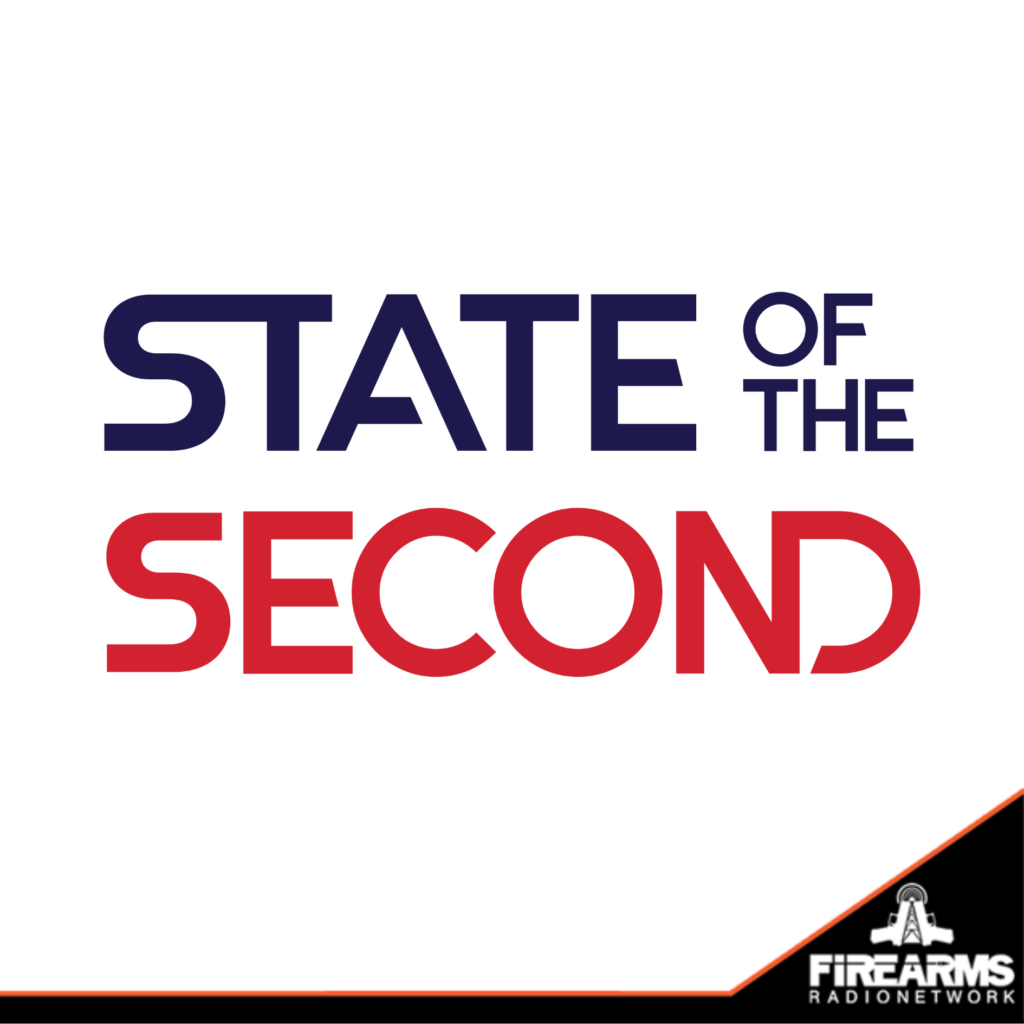 State of The Second
State of The Second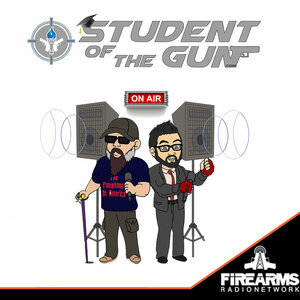 Student of the Gun
Student of the Gun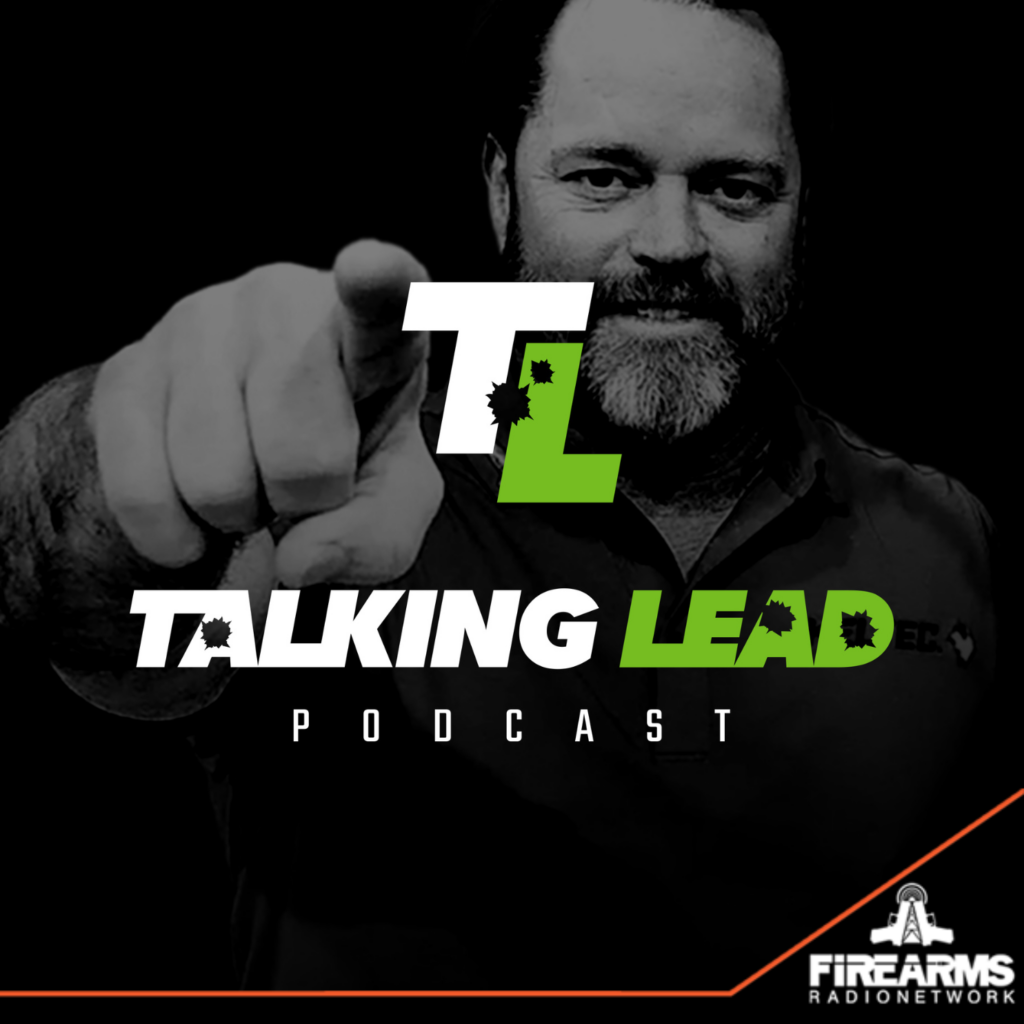 Talking Lead
Talking Lead The Gun Collective Podcast
The Gun Collective Podcast The Live Laugh Larp Podcast
The Live Laugh Larp Podcast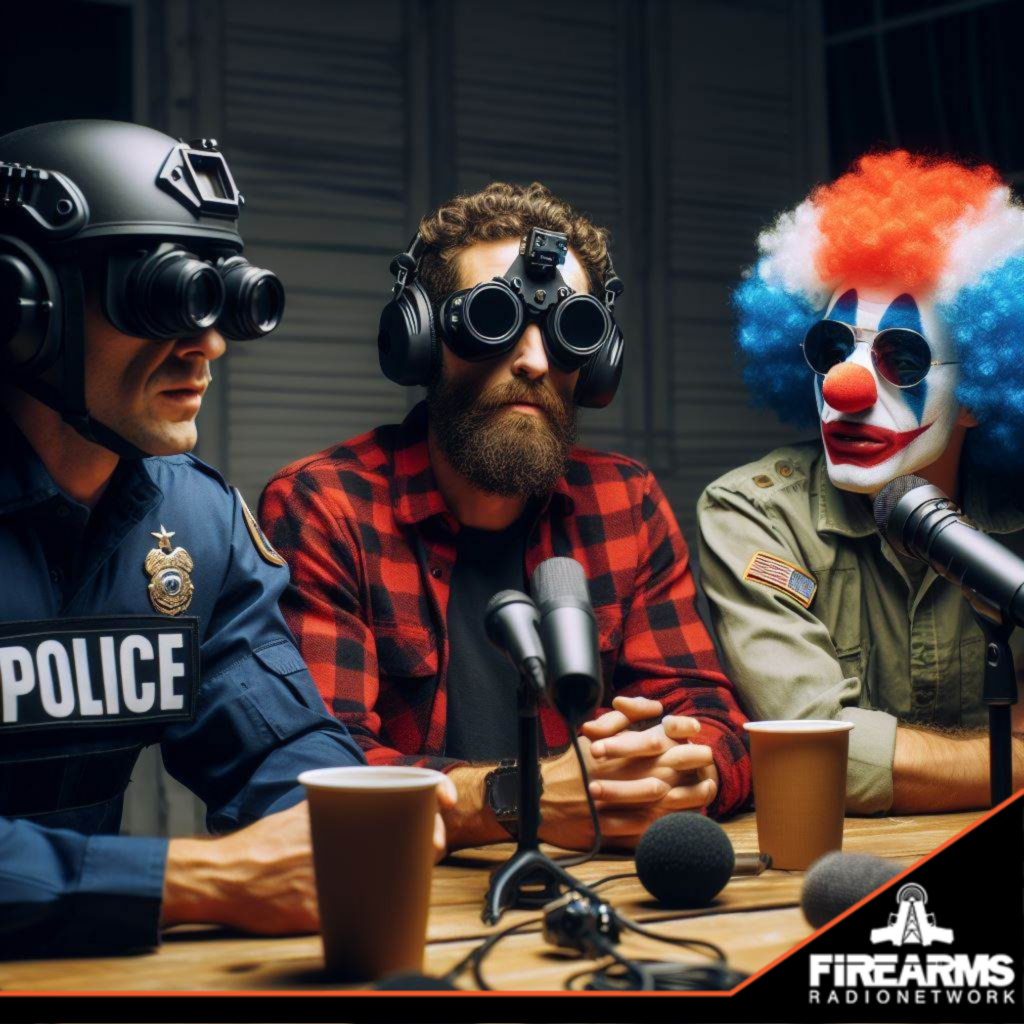 The PGM Podcast
The PGM Podcast This Week in Guns
This Week in Guns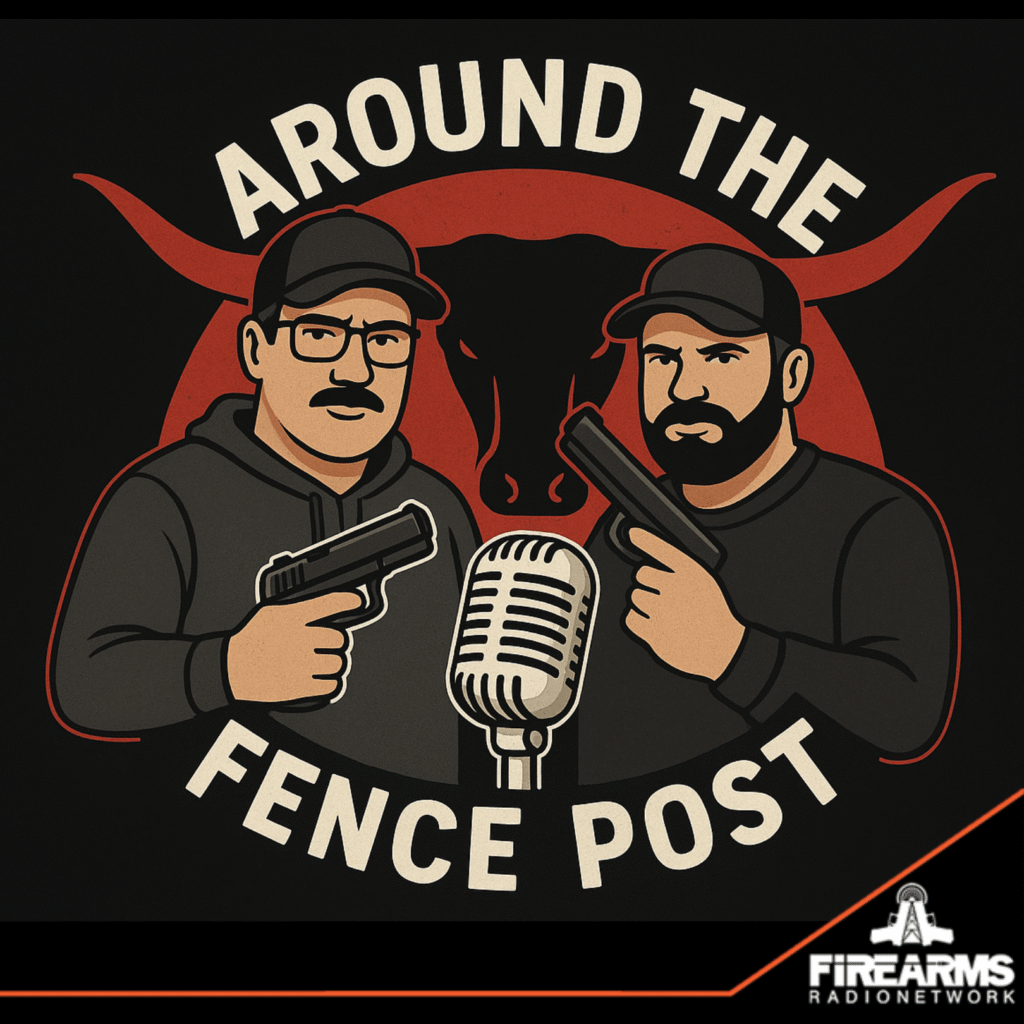 Two Guys And A Fence Post
Two Guys And A Fence Post We Like Shooting
We Like Shooting Who Moved My Freedom Podcast
Who Moved My Freedom Podcast ZERT Coffee & Chaos
ZERT Coffee & Chaos
